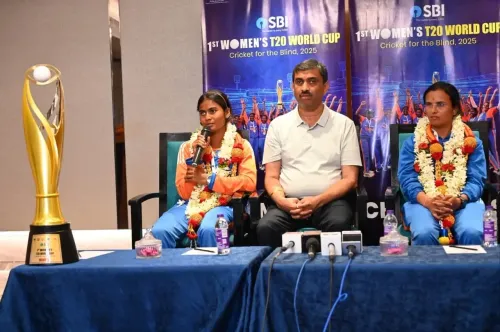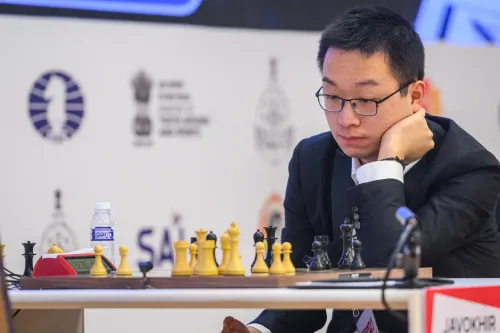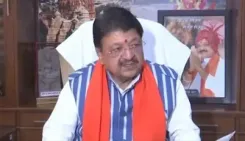Has AIFF Adopted Key Constitutional Changes That Bar Office-Bearers from Holding Multiple Positions?

Synopsis
Key Takeaways
- AIFF's constitution now aligns with Supreme Court directives.
- Office-bearers cannot hold dual roles in state associations.
- Amendments resolve a longstanding issue since 2017.
- Commitment to FIFA and AFC regulations remains strong.
- Appreciation expressed to all contributors involved in the reform.
New Delhi, Nov 24 (NationPress) In compliance with the Supreme Court of India's ruling on October 15, 2025, the All India Football Federation (AIFF) has officially incorporated Articles 25.3 (c) and (d) into its constitution. This amendment ensures that the AIFF's governance structure strictly adheres to the court's directives.
As per the new regulations, no AIFF executive committee member can simultaneously hold a position within a state association, a change implemented within the three-week timeframe stipulated by the Supreme Court.
“We are pleased to announce that the AIFF Constitution now reflects the guidance provided by the Hon’ble Supreme Court of India and the framework proposed by Justice (Retd) L. Nageswara Rao. This resolves a matter that has been pending since 2017,” the federation conveyed in an official statement.
These amendments stem from an extensive legal journey initiated by the court's directive for a new AIFF constitution. Justice (Retd) L. Nageswara Rao supervised the drafting process, which culminated in 2023.
In its order dated October 15, the Supreme Court addressed an AIFF petition regarding Articles 23.3 and 25.3 (c) and (d), noting: “We allowed the current executive to serve until the conclusion of its term to minimize disruptions to the already postponed sporting events.”
The bench, consisting of Justices P.S. Narasimha and Joymalya Bagchi, emphasized the significance of Articles 25.3 (c) and (d) for governance and mandated their adoption. “To serve the same purpose, we direct the AIFF to adopt Articles 25.3 (c) and (d) within three weeks from today. These Articles will take effect after the current executive completes its term,” the court stated.
However, the Supreme Court clarified that the AIFF was not required to accept Article 23.3 of the draft constitution, which pertained to the need for future amendments to receive Supreme Court approval.
In its statement, the federation expressed gratitude to all contributors involved in the long constitutional reform process.
“The AIFF extends its heartfelt thanks to all stakeholders and contributors whose dedication and cooperation were crucial for the successful completion of this initiative. In alignment with FIFA and AFC regulations, the AIFF remains dedicated to its mission of developing, governing, and promoting football throughout India,” it concluded.









